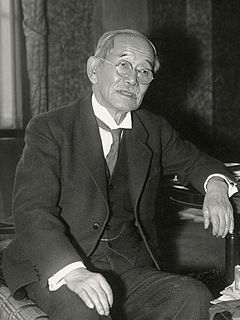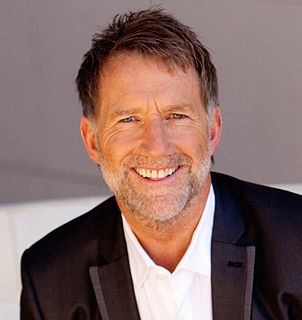A Quote by Marshall Goldsmith
Successful people become great leaders when they learn to shift the focus from themselves to others.
Related Quotes
Authenticity is about imperfection. And authenticity is a very human quality. To be authentic is to be at peace with your imperfections. The great leaders are not the strongest, they are the ones who are honest about their weaknesses. The great leaders are not the smartest; they are the ones who admit how much they don't know. The great leaders can't do everything; they are the ones who look to others to help them. Great leaders don't see themselves as great; they see themselves as human.
If we want leaders to make good decisions amid huge complexity, and learn how to build great teams, then we should send them to learn from people who've proved they can do it. Instead of long summer holidays, embed aspirant leaders with Larry Page or James Dyson so they can experience successful leadership.
A leader always has one major message, and this weaves into everything he or she does. It remains the primary focus. A leader is to some degree a prophet, a person with a message. Great leader [sic] see things that others don’t. They preach it until others can see it as well. Their message supports the mission. A leader is a preacher, a person who communicates the fire of the mission. Not all preachers are leaders, but all great leaders will be preachers of one sort or another.





































